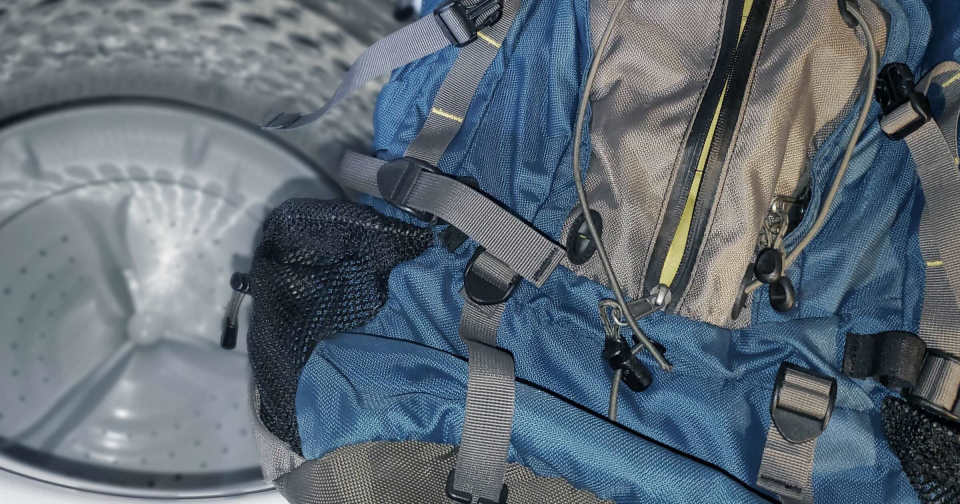Learning to sail can be an exciting and challenging activity, but many people wonder how long it takes to master the art of sailing. The truth is, there’s no fixed timeline for learning to sail as it can depend on numerous factors such as your skill level, aptitude, and experience. However, with dedication, commitment, and effective training, you can acquire the necessary skills to become a competent sailor in a few months. We’ll explore how long it takes to learn to sail, how hard it is, how long it takes to be good at sailing, and the best age to start sailing. Whether you’re a novice or an experienced sailor looking to improve your skills, we will provide you with invaluable insights.
How Long Does It Take To Learn to Sail?
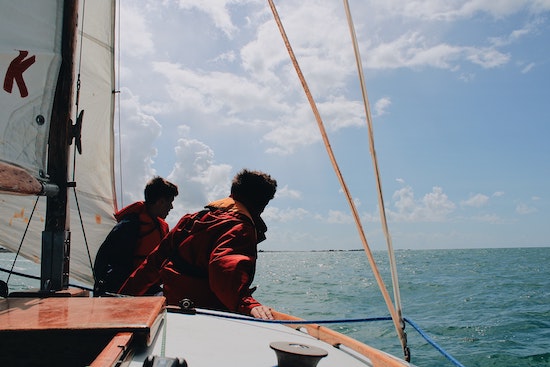
Learning to sail can be a fun and exciting experience for anyone who loves being on the water. However, how long it takes to learn to sail can vary depending on different factors. Some people may learn faster than others, but it’s important to remember that sailing is a skill that takes time, practice, and patience to master.
One factor that can determine how long it takes to learn to sail is your prior knowledge and experience. If you have some experience with boating or have been on sailboats before, you may have a better understanding of basic sailing concepts, which can speed up the learning process. Alternatively, if you are starting from scratch, it may take you longer to grasp the fundamentals of sailing, such as tacking, jibing, and reading the wind.
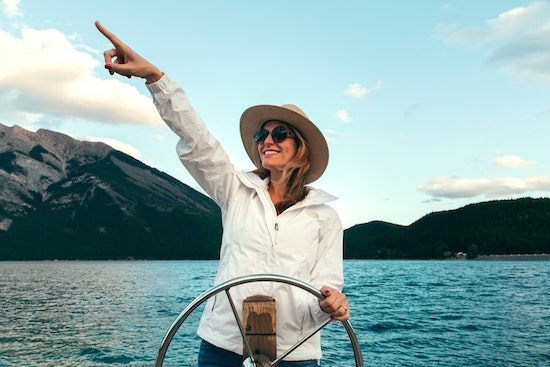
- Another important factor to consider is the type of boat you are learning to sail on. Generally, smaller boats are easier to handle and can be a great way to learn the basics of sailing. However, larger boats require more skill and experience to operate safely and effectively. Depending on your goals and objectives for sailing, learning to sail on a specific type of boat may take longer.
- One of the biggest determinants of how long it takes to learn to sail is the amount of time you can dedicate to practicing. Like any skill, consistent practice is important for improving your sailing abilities. If you can only get out on the water once every few weeks or months, it may take longer to feel confident and comfortable on a sailboat. On the other hand, if you can sail regularly and practice new techniques and skills, you may be able to progress more quickly.
| Experience Level | Approximate Time to Learn to Sail |
|---|---|
| Beginner | 1-2 weeks (with regular practice) |
| Intermediate | 1-2 months (with regular practice) |
| Advanced | Several months to years (depending on goals and practice) |
How Hard Is Learning to Sail?
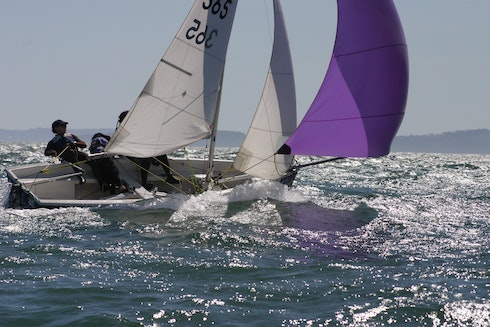
Learning to sail is an exciting and rewarding experience, but it can also be challenging. Many people wonder how hard it is to learn to sail and what they can expect during the process. The answer depends on various factors, including your previous experience, age, physical ability, and the type of boat you’re learning to sail on.
Firstly, the type of boat you’re learning to sail on can affect the difficulty of the learning process. Smaller boats like dinghies and optimists are generally easier to learn on as they are more forgiving and easier to manoeuvre. However, larger boats like yachts can be more challenging as they require more physical strength and coordination to sail effectively.
Secondly, your physical ability can also play a role in how hard it is to learn to sail. Sailing requires a certain level of strength and fitness, particularly for activities such as hoisting sails, tacking, and steering. However, anyone can learn to sail with the right training and practice, and adjustments can be made to position and equipment to accommodate people with disabilities or other physical challenges.
- Ultimately, the difficulty of learning to sail depends on your individual experience and circumstances, but there are ways to make the process easier and more enjoyable:
- Find a reputable sailing school or instructor who can guide you through the process and provide feedback and support as you learn.
- Choose a boat that suits your skills and experience level, starting with smaller boats and working up to larger vessels as your confidence and proficiency grows.
- Practice regularly and consistently, as repetition and muscle memory are crucial to developing sailing skills.
- Be patient and persistent, as sailing requires time and effort to master, but the rewards are well worth it.
How Long Does It Take To Be Good at Sailing?
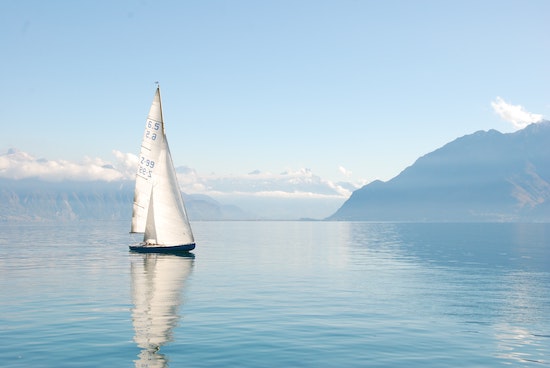
Sailing is an exciting sport that requires both physical and mental abilities to master. Many people wonder how long it takes to be good at sailing. The answer to this question depends on several factors, including the individual’s learning style, the amount of time dedicated to practicing, and the level of sailing proficiency desired.
One of the first steps to becoming good at sailing is to take sailing lessons. These lessons can be taken with an experienced sailor or through a sailing school. Sailing schools offer various levels of courses that focus on different aspects of sailing. These levels range from beginner to advanced and cover topics such as sailing theory, safety, racing tactics, and boat handling.
It’s hard to pinpoint the exact amount of time it takes to become good at sailing because it varies depending on the person. However, it’s safe to say that mastering the basics of sailing could take anywhere from a few weeks to several months of dedicated practice. Once the basics are mastered, the individual can expand upon their skills and develop more advanced techniques, which could take years of experience and practice.

Factors that can influence the time it takes to be good at sailing:
- Learning style and ability to absorb information
- Dedication to practicing
- Amount of time spent on the water
- The level of competition
It’s important to note that becoming good at sailing isn’t just about technical skills, but it also requires the development of mental skills such as navigating through different weather patterns, making quick decisions, and remaining calm under pressure.
| Beginner level: | Understand the basics of sailing. Learn to recognize the parts of the sailboat, how to rig and launch the boat, how to steer and control the sails in different wind conditions. |
|---|---|
| Intermediate level: | Develop more advanced techniques such as perfecting boat handling and tacking, learning to read wind patterns and currents, and racing tactics. |
| Advanced level: | Master more advanced techniques such as spinnaker handling, sail trimming, and racing tactics, prepare for high-level racing. |
What Is the Best Age to Start Sailing?
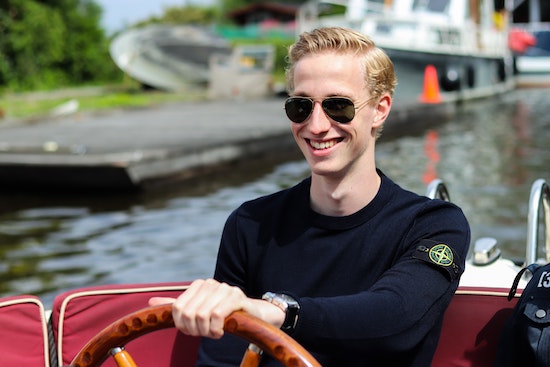
Sailing is a popular sport that has earned numerous enthusiasts worldwide. It is an enjoyable and challenging activity for both adults and children. But, have you ever wondered what the best age to start sailing is? Believe it or not, age plays a crucial role in a sailor’s skill development and ability to cope with sailing’s dangers and physical demands. So, in this blog post, we’ll discuss the ideal age to learn sailing and why parents should not hesitate to introduce sailing to their children at a young age.
What Is the Best Age to Start Sailing?
Sailing requires a combination of physical strength, intellectual capacity, and emotional stability. While it is a common perception that learning to sail as a child is easier, the truth is, it varies from person to person. In reality, there is no perfect age to start sailing. However, starting at an early age can provide a headstart in sailing and develop skills over time. Kids are more adaptable, and their brains are more open to learning new things, including sailing. As a result, children who begin sailing at a young age may learn faster and develop healthy habits.
It’s essential to remember that sailing skills take time to develop, and what matters most is consistency and practice. It is crucial to determine your child’s eagerness to learn and make sure they are interested in the sport. It is also essential to enroll them in an excellent training program with experienced instructors who know how to work with children and provide a safe and positive learning environment.
The earlier the introduction, the more time children have to develop their sailing skills, a love for the sport, and, most importantly, their confidence. Sailing can be a potentially dangerous sport, and the ability to handle and adjust to changes in the wind, waves, and tides are crucial. Starting at a young age provides plenty of opportunities to build your child’s sailing intuition and develop essential safety skills that last a lifetime.
Final Thoughts
In conclusion, the best age to start sailing depends on the individual. Children may have the advantage of developing their skills faster, but adults with a passion for sailing can also become proficient and skilled sailors. Nevertheless, sailing is a sport that can be beneficial for anyone, and introducing the sport to your children at a young age can provide many advantages over time. It’s never too late nor too early to enjoy the beauty, challenges, and thrill that sailing has to offer. So pack your bags, wear your safest sailing shoes, and set sail for an unforgettable adventure!



